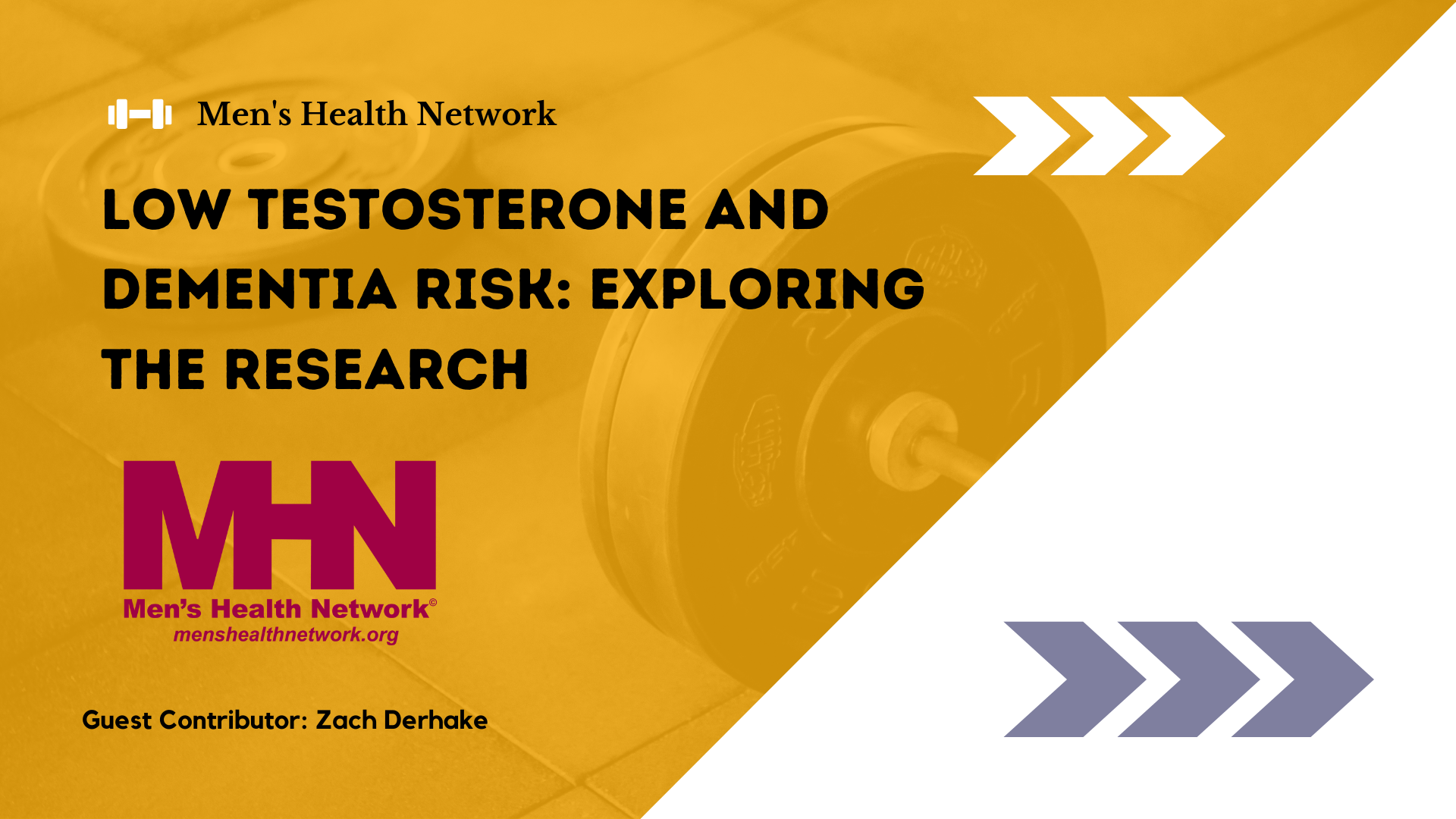There is a health crisis in America, one that existed long before COVID-19. I’m talking about our country’s mental health crisis. Each year, we lose thousands of lives to suicide, the tenth-leading cause of death in this country according to the latest data from the Centers for Disease Control and Prevention. Suicide rates are three to four times higher for men than for women. It’s clear we need to find more effective ways to engage people in mental health treatment.
There is a significant stigma associated with mental health, especially for men. Call it a greater expectation of independence or rugged individualism, but men find it a bit more challenging and demonstrate a bit more reluctance than women to ask for help when they may start to feel the symptoms of depression or anxiety.
And with the onset of the pandemic, the risk of mental health issues is much greater. You have people dealing with known stressors such as the loss of a job or a loved one, as well as general economic uncertainty, including here in West Virginia. This is compounded by the added COVID-19 safety concerns that go along with adult children caring for aging parents, or grandparents caring for potentially asymptomatic grandchildren. We’re also experiencing a breakdown of social supports due to isolation.
All of this is why I’m leading a team to look at ways to improve access to mental health services in areas that are critically underserved. Our project, funded through the Patient-Centered Outcomes Research Institute (PCORI), looks at types of remote cognitive behavioral therapy (CBT) for treating depression. We’re looking at usual care, which can consist of therapy with or without medication, as well as remote therapy sessions either guided by a coach, or that the patient goes through by themselves.
Cognitive Behavioral Therapy is a form of psychotherapy based on the idea that the brain can train itself to respond to certain actions. A person learns to recognize triggers that lead to unhealthy behaviors and develop habits to respond more positively to those triggers.
The benefits of this kind of remote therapy for mental health is that it is readily deployable, and people are able to do it at their own pace. Most of the drawbacks are due to technical issues. The digital divide in this country is getting better but relying on connectivity for mental health treatment can often be an issue in rural areas of a state like West Virginia.
We began this project over a year ago, but with the pandemic, limiting social outings created an even greater barrier for in-person care services, in an area that already has a deficit in mental health services. That’s where PCORI came into play once again—they made additional funding available for projects to adjust to the conditions created by COVID-19.
We’ve been able to reach out to people who have no history of psychiatric disorders but have been experiencing depression or anxiety. We give them a website link so they can learn about the study and sign up if they’re interested. For participants in areas with poor connectivity, we prepared resource guides listing publicly available WiFi access points near their homes. Progress is tracked through an app and regular surveys, which allow us to see which method of care works best and for whom.
The added benefit is the ability to compare whether the treatments we’re looking at provide benefits for people experiencing recent onset of depression and anxiety with people who have been managing depression for a while.
One of the great frustrations with mental health services is someone who does all the right things, they recognize the problem, they ask for help, they follow doctor’s orders, and they still don’t feel better. We’re trying to find the answer to that underlying problem of identifying what works best for whom and being able to provide the help that’s needed.




